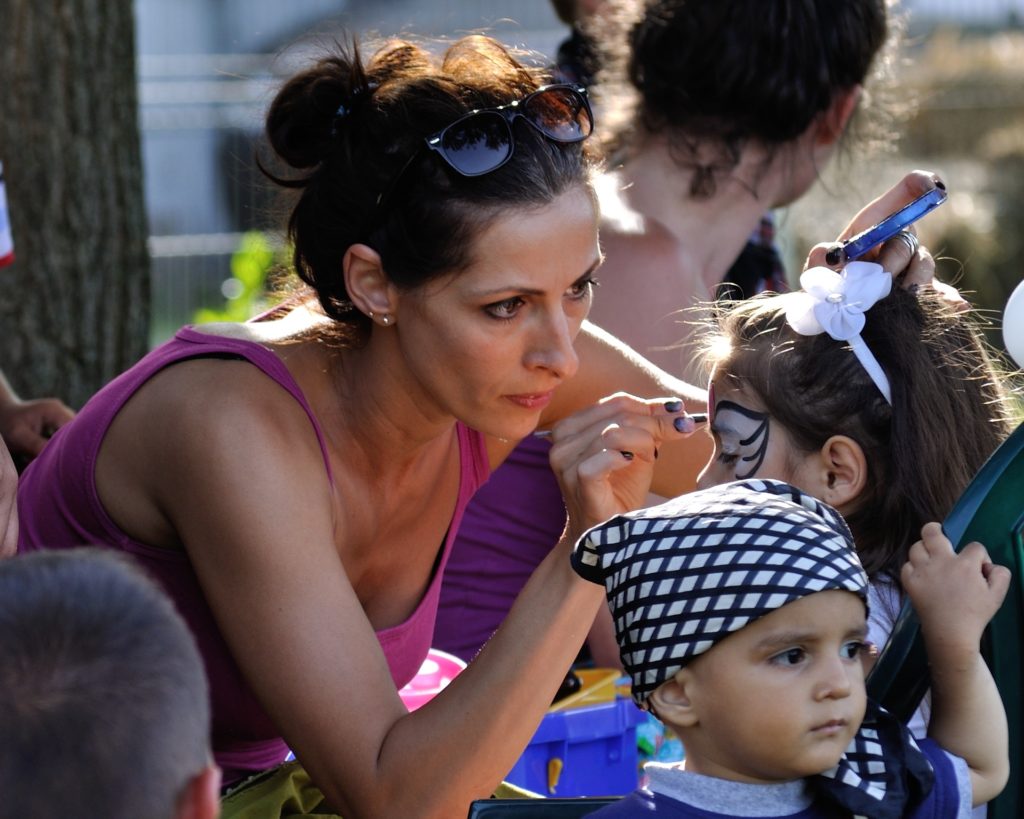Community spaces and activities are a great place for all children to develop and learn new skills. Children will watch each other to learn how things are done and will interact when they feel comfortable to engage in play. The impact of the symptoms of ADHD that your child may experience, impulsivity, hyperactivity, poor concentration and social and communication skills will require monitoring in community activities.

The activities that you have engaged in with your child at home will give you an understanding of how they will manage a community environment and what structures you will need to put in place.
The impulsive and hyperactive tendencies associated with your child’s ADHD will need to be a priority for monitoring in a community environment. Your child may not necessarily understand unsafe behaviours or environments at this age and they will be vulnerable to risky behaviour without knowing.
Community activities are a great way to develop your child’s motor skills. Community playgrounds provide play equipment that develop many motor and problem solving skills for children to interact with. Playgrounds provide open spaces to run, tracks to ride trikes and bikes and the opportunity to learn how to be safe when undertaking these activities while with family in readiness for the future when they venture out with friends or alone.
Attending play groups, play dates and kindergarten are further ways to develop skills to help your child with their attention, social and communication skills. All children are still learning how to interact with each other at this stage so it is important that your child is a natural part of this and that they are not isolated because of their ADHD. It is normal for children to be active, inquisitive and explore. Knowing or suspecting that your child has ADHD just means that you are going to need to be more aware of their needs and explicitly teach them what is required as they will not necessarily pick it up from other children unless cued in e.g “Let’s look at what Bobby and Andy are doing. They are taking turns to fill the sand bucket, first Bobby, then Andy”.